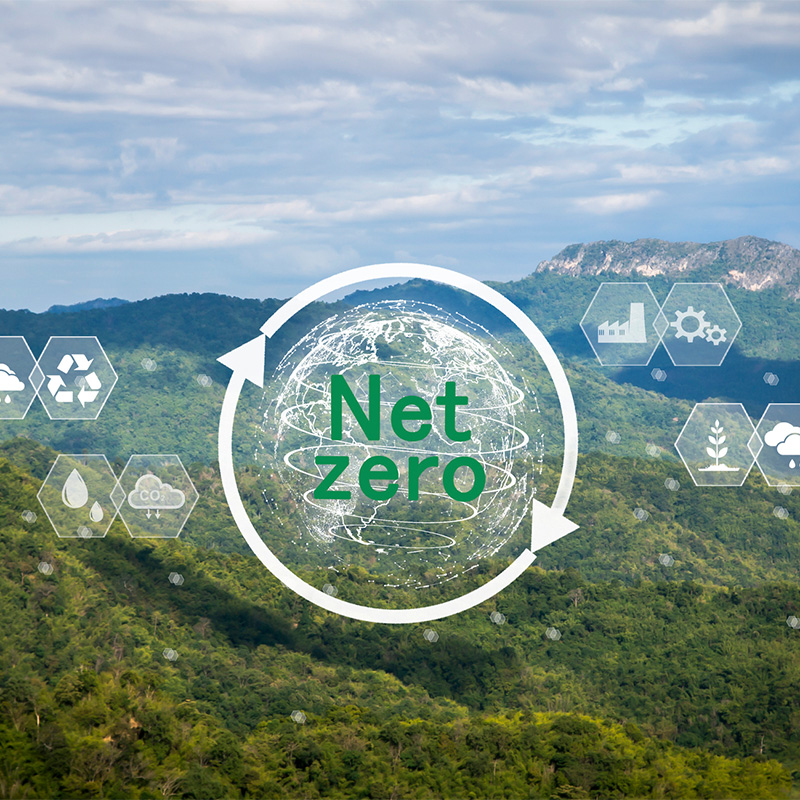An overview of Kenya’s carbon market regulations: A blueprint for sustainable practices and environmental responsibility

In the pursuit of a sustainable and eco-friendly future, Kenya has taken a significant stride by implementing the Climate Change (Carbon Markets) Regulations, 2023. This regulatory framework aims to provide a structured approach to carbon market projects, offering both opportunities and revealing potential gaps.
Let’s first understand what carbon credits and carbon markets are before we dive into the regulations. Carbon credits are like green points that companies earn when they do something good for the environment, like planting trees or using clean energy. Each credit represents stopping the release of one metric tonne of carbon dioxide into the air. It’s a way of saying, “Hey, I helped make the planet cleaner!”
Imagine a marketplace where companies can buy and sell these green points (carbon credits) like trading cards. This marketplace is called a carbon market. Companies that do eco-friendly activities and earn extra green points can sell them to companies that need more points to meet their pollution reduction goals. It’s like a trading system for companies to encourage everyone to be more environmentally friendly.
Now, let’s use companies A and B as an example;
- Company A – They set up wind turbines to generate clean energy, and for every ton of carbon dioxide they prevent, they earn green points (carbon credits).
- Company – Company B is not as eco-friendly and needs more green points to meet its pollution reduction targets.
So, in the carbon market, Company A can sell some of its extra green points to Company B. This helps Company B meet its pollution reduction goals, and Company A makes money by selling its green points. It’s a way of encouraging businesses to be greener and rewarding those who are already doing well in reducing carbon emissions.
The regulations at a glance: Key highlights
Kenya’s regulations emphasise governance, participation, and environmental integrity in carbon markets. They outline the roles of key entities, such as the Cabinet Secretary, the designated national authority, and the ad hoc committee, in ensuring compliance and overseeing the success of carbon market projects.
The regulations touch on crucial aspects:
- Project requirements – Clearly defined rules for carbon market projects, including alignment with national policies and contribution to the Nationally Determined Contributions.
- Social contributions – Mandating annual contributions to the community from public and community carbon projects, reinforcing a commitment to sustainable development.
- Environmental and social impact assessments – A requirement for thorough assessments under the Environmental Management and Coordination Act, ensuring projects adhere to sector-specific standards and safeguards.
- Dispute resolution – Establishing mechanisms for dispute resolution in line with existing environmental laws.
- Penalties for offences – The regulations emphasise accountability, with fines or imprisonment for those found guilty of offences.
Identifying gaps and opportunities
While the regulations set a robust foundation, some potential gaps and opportunities arise. There’s a need for clarity on the specifics of sector registries and the role of sector registrars to ensure effective implementation. Additionally, addressing the potential challenge of double counting in carbon market projects is crucial for maintaining the integrity of emission reductions.
Opportunities lie in leveraging carbon market projects to contribute significantly to sustainable development goals. The regulations can act as a catalyst for innovation, encouraging businesses to adopt eco-friendly practices and invest in carbon offset projects.
How organisations can participate
For organisations eager to join the carbon market and contribute to a greener future, the following steps are essential:
- Understand the regulation – Familiarise yourself with the Climate Change (Carbon Markets) Regulations, 2023, to ensure compliance and understand the expectations.
- Develop sustainable projects – Design initiatives that align with national priorities and contribute positively to environmental, social, and economic aspects.
- Engage with communities – For public and community projects, active involvement and collaboration with local communities are key. Develop Community Development Agreements to ensure fair benefit-sharing.
- Seek expert validation – Before launching a project, enlist the services of reliable and independent auditors for certification, validation, and verification processes.
- Navigate dispute resolution – Establish mechanisms for dispute resolution within project agreements, aligning with the regulations.
Kenya’s Carbon Market Regulations set the stage for a green revolution, offering a framework for sustainable practices and environmental responsibility. As organisations embrace these regulations, they not only ensure compliance but also actively contribute to a cleaner and healthier planet. In the journey towards a carbon-neutral future, these regulations provide the necessary roadmap for both businesses and the environment to thrive.

